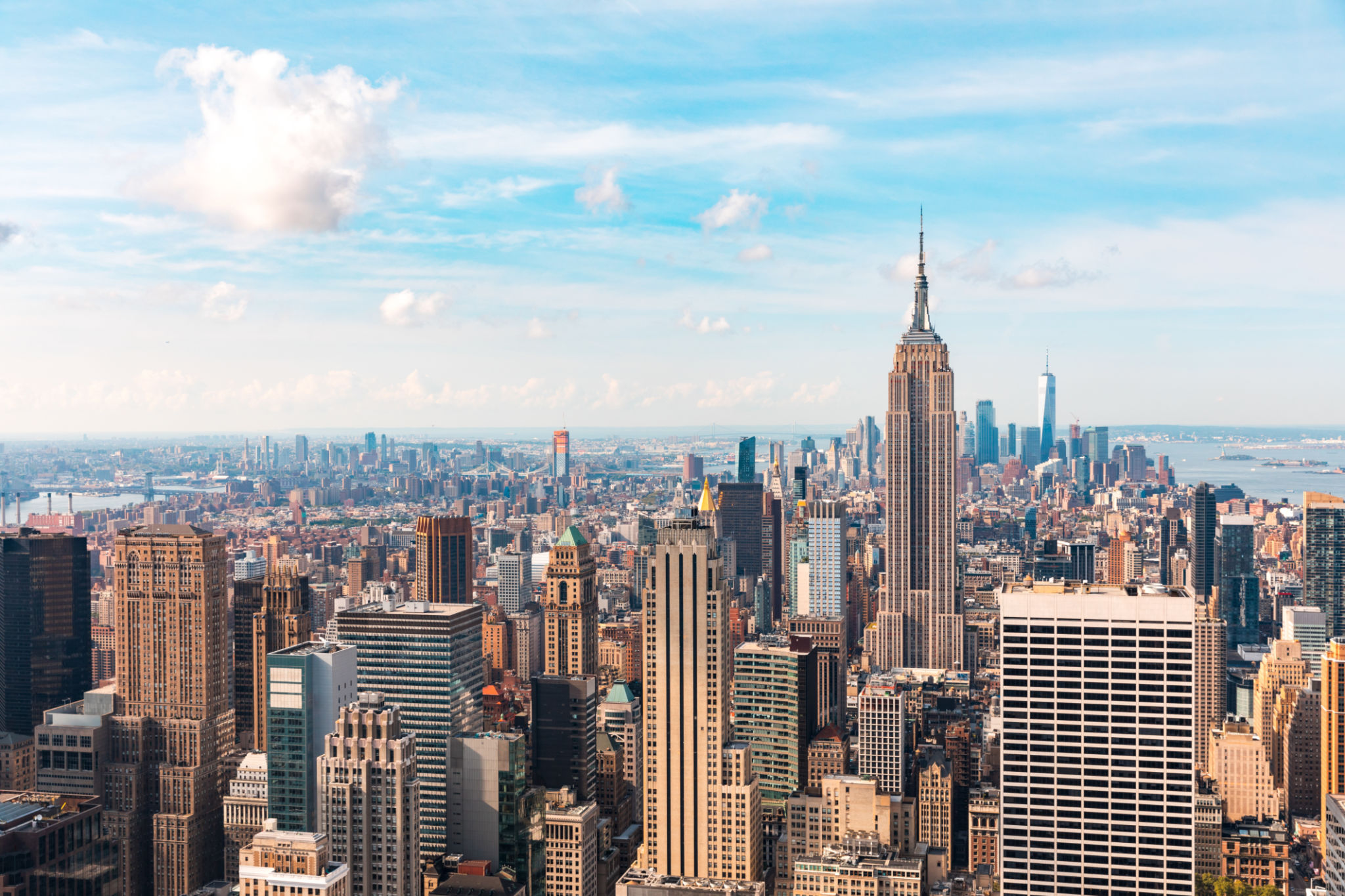Understanding Air Rights for Sale in New York City: A Developer's Guide
JW
Understanding Air Rights in New York City
In the bustling skyline of New York City, the concept of air rights plays a crucial role in urban development. These rights refer to the ability to build on or above a property, potentially unlocking significant value for developers. Understanding how air rights function is essential for anyone looking to embark on a construction project in this iconic city.

What Are Air Rights?
Air rights, also known as transferable development rights, allow property owners to sell the unused space above their buildings. This means developers can purchase these rights to increase the height of their buildings beyond current zoning restrictions. In a city where space is at a premium, air rights offer a unique opportunity to maximize the potential of a property.
The sale and transfer of air rights are regulated by New York City zoning laws, which aim to maintain a balance between urban growth and the preservation of neighborhood character. As such, developers must navigate a complex web of regulations to successfully acquire and utilize air rights.
Benefits of Purchasing Air Rights
Purchasing air rights can provide several advantages for developers, including:
- Increased Building Height: With air rights, developers can construct taller buildings, offering more residential or commercial units.
- Enhanced Property Value: Taller buildings with more units can significantly increase the overall value of a property.
- Strategic Location Opportunities: Developers can capitalize on prime locations by expanding vertically rather than horizontally.

Navigating Zoning Regulations
To navigate the complexities of purchasing air rights, developers must first understand New York City's zoning regulations. The city is divided into various zoning districts, each with specific rules about building height, density, and land use. Developers must ensure that their projects comply with these regulations to avoid legal complications.
Zoning bonuses are another aspect to consider. These bonuses may be available for projects that include public amenities or affordable housing units. By leveraging these bonuses, developers can further increase the allowable building area, making air rights even more valuable.
Steps to Acquire Air Rights
The process of acquiring air rights involves several key steps:
- Identify Potential Sellers: Developers must identify property owners with unused air rights who are willing to sell.
- Conduct Due Diligence: It is crucial to assess the feasibility and legal implications of purchasing air rights for the intended project.
- Negotiate Terms: Once a seller is identified, developers must negotiate terms that satisfy both parties.
- Obtain Necessary Approvals: Developers must secure approvals from relevant city agencies to legally transfer and utilize air rights.

Challenges and Considerations
While purchasing air rights can be lucrative, it also presents challenges. One key consideration is the cost, as air rights can be expensive due to high demand in prime areas. Additionally, developers must factor in the potential impact on neighborhood aesthetics and community relations.
Another challenge is the complexity of coordinating with multiple stakeholders, including property owners, city officials, and community groups. Effective communication and negotiation skills are essential to successfully navigate these interactions.
The Future of Air Rights in NYC
The future of air rights in New York City is promising, as urban density continues to rise and demand for real estate intensifies. Innovations in construction technology and sustainable building practices are likely to play a significant role in shaping how air rights are utilized in the coming years.
Developers who stay informed about changing regulations and market trends will be well-positioned to capitalize on the opportunities presented by air rights. By understanding the intricacies of this unique aspect of real estate development, they can contribute to the city's dynamic skyline while achieving their business goals.
